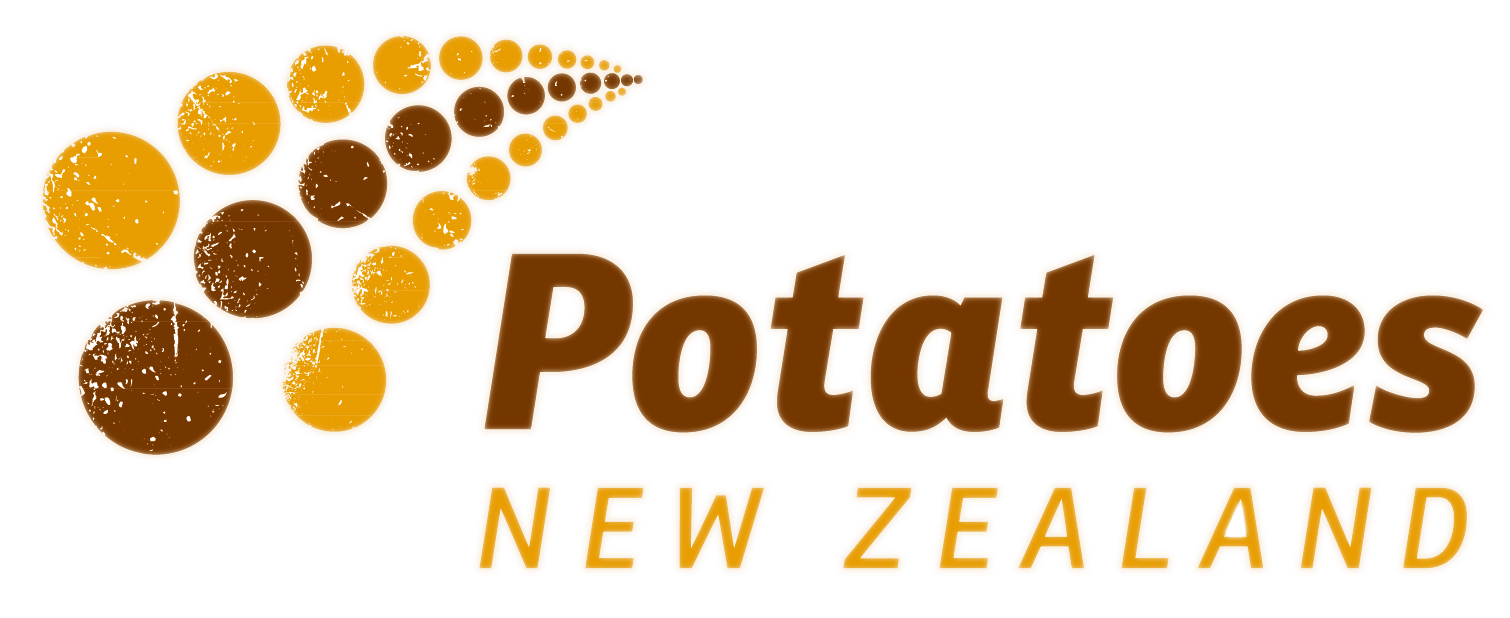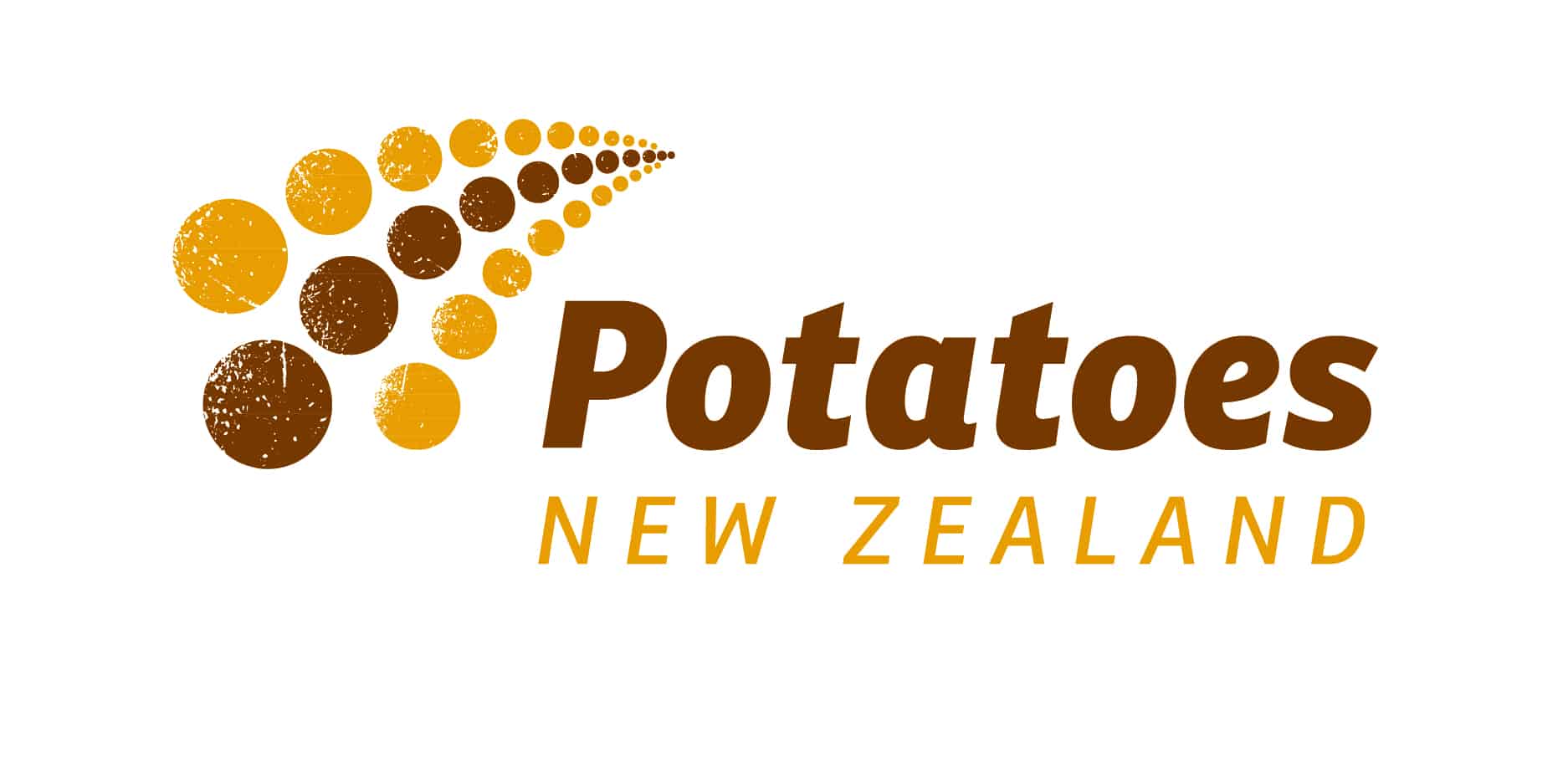“A key aspect to GIA is the pre-agreement between Government (MPI) and industry groups around decisions and actions on how to respond in the event of a pest incursion.”

We all know that New Zealand’s biosecurity system encompasses offshore, border and on shore activities that manage the risk of introduction of new pests. PNZ and other signatories have an important role to play across the biosecurity continuum through GIA.
What are the potato industry’s commitments under GIA?
Under GIA, Government and industry groups (signatories) commit to joint decision making and joint cost sharing in relation to biosecurity issues. This collaborative partnership approach provides more certainty that high priority pests will be found and responded to in an appropriate time frame.
As part of our GIA requirements, PNZ will now take a more active involvement across the biosecurity system in a bid to reduce the likelihood of new pests entering New Zealand. Through joint decision making and resources sharing approaches are discussed and agreed.
How does GIA work to provide better biosecurity?
The GIA Deed provides for the development of operational agreements which are detailed documents which individual industry GIA Deed Signatory groups develop and agree with MPI. They commit parties to undertaking certain activities and cost share to deliver an agreed biosecurity outcome for readiness and/or response. These are commitments to biosecurity outcomes over and above the minimum commitments in the GIA Deed
Operational agreements may be either pest specific to a crop or be cross sectoral, for example, our Solanaceae crops share many common pests of concern, so there are several potential combinations that an operational agreement can be drafted around. PNZ Inc. will be consulting with growers on any operational agreements before they are signed.
How are the costs shared?
Under GIA, industry and Government share the costs of readiness and response activities. The proportion of cost share is set for each operational agreement that is signed based on the assessed benefit to both parties. However, the Government has committed to funding a minimum of 50% of the readiness and response activities for any operational agreement.
Where there is more than one industry group involved, the cost is split between these groups. Where an industry group is a beneficiary of response activities, but they have not signed the Deed, the Government will levy that group for their share of costs regardless. However, they will have no say in decisions that are made. Industry groups that participate in GIA can set fiscal caps for responses so that costs are controlled.
It should be noted that GIA Deed Non-Signatories will still be levied if they are considered a beneficiary, but will not have any decision-making input.
What are the minimum commitments?
There are minimum commitments that must be met by all Signatories and some that must be met by either the industry Signatories or the Government Signatory. Minimum commitments growers need to engage in and outcomes which growers need to be aware of include:
- Identifying your risks, being aware of the unknowns and have access to what pests are being monitoring for and are being found overseas and their changing behaviours.
- When you do see something unusual report it to the MPI Exotic Pest and Disease Hotline 0800 80 99 66.
- Recognising that protecting crops protects your bottom line.
- Biosecurity is everyone’s responsibility.
- Community surveillance is vital.
- Better engagement with our regulator to ensure MPI has a sufficient understanding of our industry profile.
- Knowing where our crops are grown and who by so in the event of a response we can identify quickly who to assist and how to respond.
- Building closer relationships with our contractors e.g. pickers and other service providers e.g. transporters to enable them to better understand biosecurity risks and put them in a more informed position to assist if necessary.
- Considering GIAIA commitments as opportunities to better grow the biosecurity knowledge base of our members and gain a more in depth understanding of the dynamics of our industry and other stakeholders to be prepared.
PNZ has been proactive in identified where we, as the potato industry, can be better prepared. Our sector is undertaking projects which work towards meeting our minimum commitments. These include
- Participation in biosecurity meetings and working groups.
- Identifying priority pests and developing awareness materials, including fact sheets.
- Developing a farm biosecurity plan which outlines actions to reduce the spread of pests by improving farm biosecurity practices and promoting biosecurity signage, farm hygiene and surveillance.
- Development of a Biosecurity Management Plan. This will collate all information and resources in one place. Much of the detail in the biosecurity plan will be gathered from the activities listed above. Specific modules will be rolled out to industry as we progress.
- We are also taking steps to link with the National Biosecurity Capability Network and MPI to enable industry to engage with the biosecurity response network and to have training in roles such as in Response Governance.
Other activities being currently undertaken by our sector to raise awareness of the biosecurity system include, contributing to Import Health Standard development or review.
– Gisele Irvine, Market Access Solutionz, for Potatoes New Zealand


